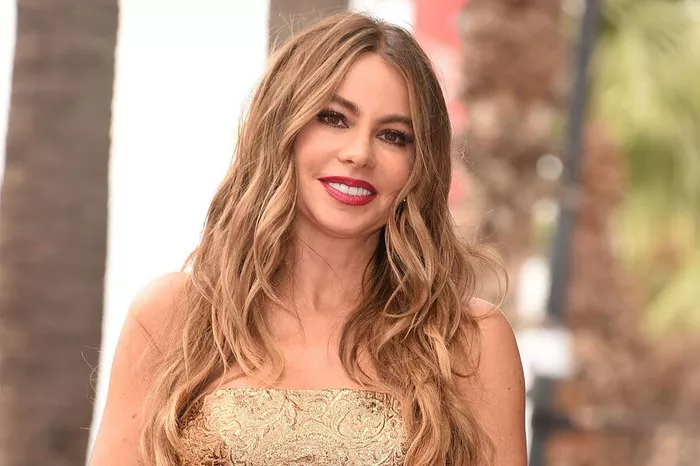Biotin, a well-known supplement often touted for promoting hair growth, has long been associated with healthy skin, nails, and hair. But does it live up to the hype? To find out, we spoke with two experts in the field—a trichologist and a hair restoration doctor—who shared insights into the effectiveness of biotin for hair growth, including the differences between oral and topical applications, its potential benefits, and possible downsides.
What is Biotin?
Biotin, also known as vitamin B7 or vitamin H, is a water-soluble B vitamin that plays a crucial role in energy metabolism and helps support healthy hair, skin, and nails. “Biotin supports the production of keratin, the protein responsible for hair structure,” explains Dr. Ross Kopelman, a hair restoration surgeon in New York City. However, unlike some vitamins that are produced by the body, biotin must be obtained through diet. Foods such as eggs, salmon, sweet potatoes, nuts, and leafy greens are all rich sources of biotin, according to Kerry Yates, trichologist and founder of Colour Collective.
While biotin is naturally found in many common foods, Dr. Kopelman points out that supplementation is generally unnecessary for most people. “Most individuals already consume sufficient biotin without needing extra,” he says. “I typically recommend supplements only for those who have a proven deficiency.”
Biotin’s Benefits for Hair
Supporting Keratin Production
Biotin is integral to keratin production, which is essential for healthy hair. Both experts agree that biotin can help improve the strength and resilience of hair, especially for individuals with a deficiency. “For those who are biotin-deficient, supplementing can promote hair strength and potentially growth,” says Dr. Kopelman. However, he also notes that true biotin deficiency is relatively rare, and for individuals without a deficiency, taking additional biotin may not yield significant results.
Nourishing Hair Follicles
Healthy hair starts at the follicle, making follicle nourishment crucial for hair growth. Biotin is believed to support follicle health, which in turn can reduce hair loss and promote thicker, stronger hair. “Biotin helps nourish the hair follicles, making hair shinier, less prone to breakage, and generally healthier,” explains Yates.
Potential Downsides of Biotin
While biotin offers benefits, it’s not without its downsides. Dr. Kopelman cautions that taking excessive doses of biotin may not lead to better results, especially for those without a deficiency. “Mega-dosing biotin won’t necessarily improve hair health if your levels are already adequate,” he says.
Other potential side effects include:
Interference with Lab Tests
High doses of biotin can interfere with lab results, particularly thyroid and cardiac tests. “If you’re planning lab work, it’s wise to avoid biotin for a few days before testing,” advises Dr. Kopelman.
Risk of Acne
Some individuals may experience acne or breakouts, particularly with higher doses of biotin. “I’ve had patients report acne flare-ups from biotin supplements, which is something to consider before increasing your intake,” Dr. Kopelman adds.
Oral vs. Topical Biotin: Which is Better?
When it comes to incorporating biotin into your routine, you have two main options: oral supplements or topical applications.
Oral Biotin
Oral biotin supplements work from the inside, supporting keratin production and hair growth processes. While Dr. Kopelman is cautious about recommending biotin supplements for the general population, he acknowledges their usefulness for those with a deficiency. A typical dosage for those with low biotin levels might range from 2,500 to 5,000 mcg per day.
Yates suggests that oral supplements can be effective if hair issues are related to an internal deficiency. “It’s always a good idea to check with your doctor before starting any supplement regimen,” she advises. For those seeking a comprehensive approach, Dr. Kopelman recommends multi-ingredient hair supplements like Nutrafol, Viviscal, or Harklinikken Hair Supplement, which combine biotin with other vitamins for enhanced benefits.
Topical Biotin
Topical biotin is applied directly to the scalp or hair and may help strengthen hair fibers and nourish follicles externally. Yates recommends topical applications for targeted support, such as boosting shine or reducing breakage. “Topical biotin is ideal for improving texture or maintaining healthy hair,” she says.
Dr. Kopelman recommends looking for topical products that contain not just biotin, but also other ingredients that promote hair health. Some of his top product recommendations include Vegamour GRO Hair Serum and The Inkey List Caffeine Scalp Treatment. “The effectiveness of these products is not just from biotin, but the synergy of the ingredients they contain,” he explains.
Conclusion
Biotin can support hair health, particularly for those with a deficiency, but it’s unlikely to deliver dramatic results for those who already have sufficient levels. Whether you choose oral supplements or topical treatments depends on your specific needs. For most people, a balanced diet rich in biotin from natural food sources may be all that’s necessary for healthy hair. However, if you’re considering supplementation or topical treatments, it’s important to consult with a healthcare professional to determine what’s best for you.
Related topics:
- Dermatologist Warns Tight Hairstyles Could Lead to Permanent Hair Loss
- Top 11 Hair Growth Vitamins for Longer, Thicker Hair
- Health Quiz: Which Nutrient Deficiency Can Lead to Hair Loss?


